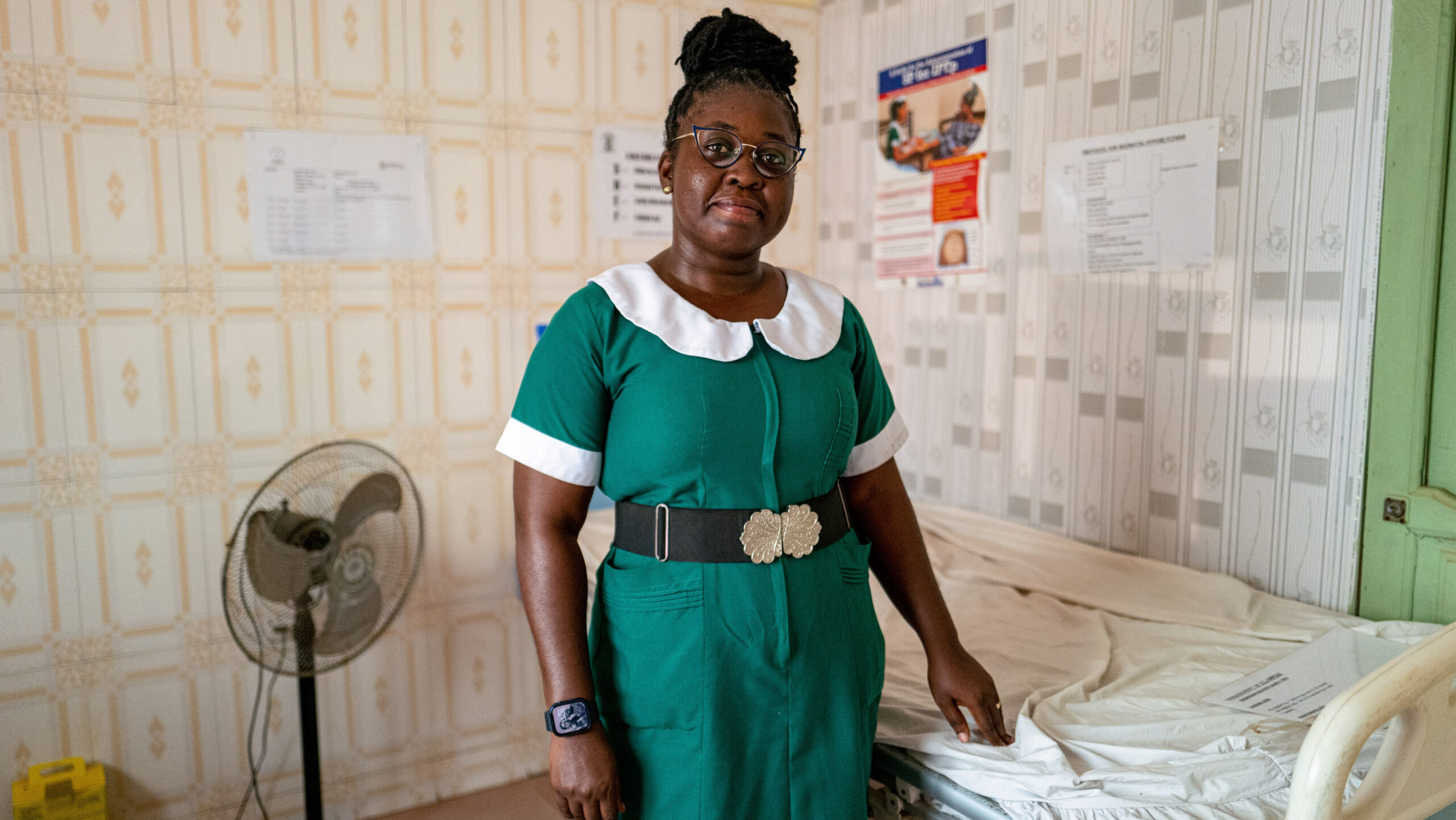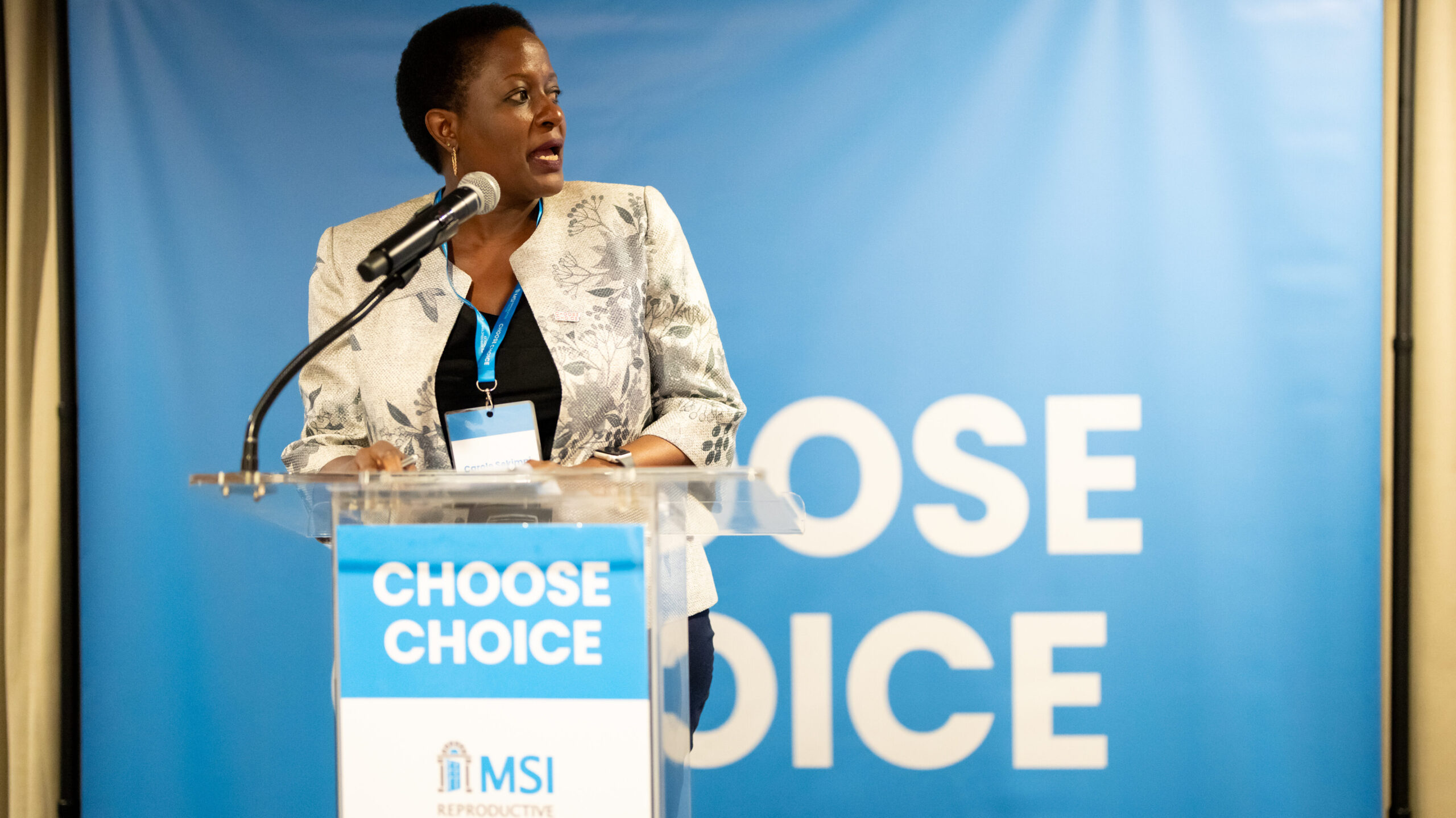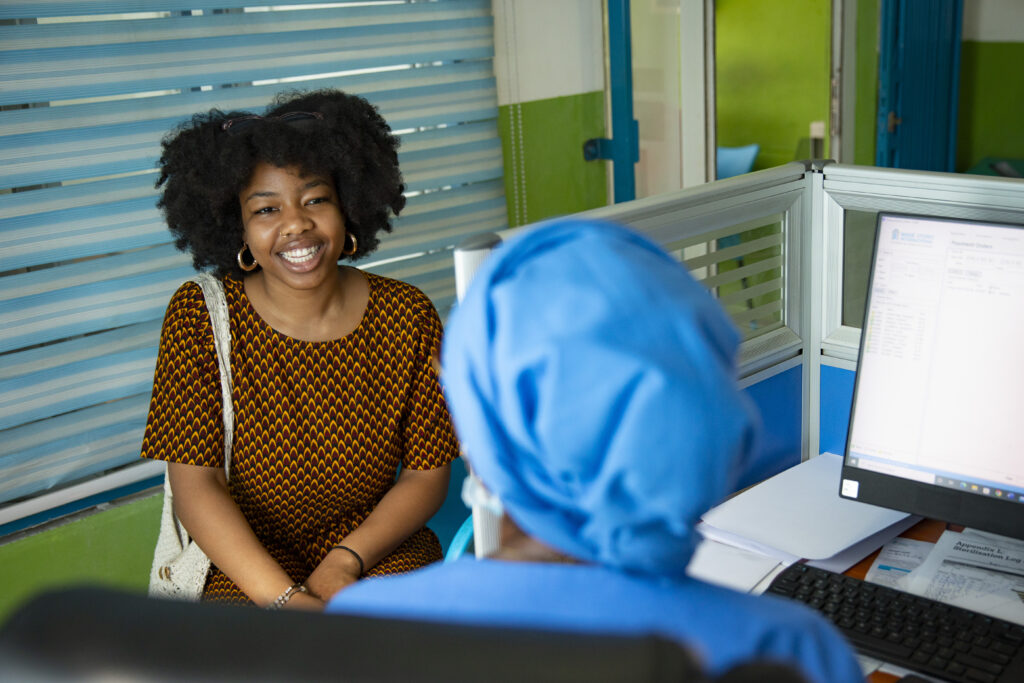
The private health sector’s role in expanding reproductive healthcare cannot be underestimated.
Both the private and public sectors have a huge role to play in supporting public health objectives. That’s why MSI works within and partners across sectors to ensure people can access—and afford—reproductive healthcare.
The private health sector—including GPs and pharmacies—is often people’s first port of call for their reproductive healthcare. Sometimes, in places lacking public health services, it’s the only choice. In low and middle-income countries, more than a third of contraceptive services are provided by the private sector.
There’s no doubt that the private sector is deeply embedded within most countries’ health systems. With millions of families around the world already relying on private providers, the question becomes how we can ensure that access is universal (i.e., everyone can access the services they want and need).
Our end goal is a world where everyone, everywhere has access to reproductive choice. This mission is delivered by local staff in 37 countries, and the work varies from country to community, depending on their unique barriers and needs.
In some areas we’re part of the private sector delivering reproductive health services. We self-generate around half of our funding through our locally led private services around the world—running 373 clinics across 37 countries (delivering healthcare to 19.4 million clients in 2021).
In other contexts, we partner with the private sector to push forward sexual and reproductive healthcare and rights. Central to this work is engaging communities to understand their needs and desires. For example, we work with over 1,000 small private providers to provide high quality care. These smaller providers can be the only option in certain local communities or the most known and trusted by local women and girls, so it’s crucial that we can support them to increase the range and quality of their services.
We know our end goal isn’t going to happen in a vacuum, delivered by MSI alone. It will take systemic change. And the private sector is part of that change—an essential cog in expanding access to reproductive healthcare. The bottom line is people’s health and lives.
At the International Conference on Family Planning, we shared learnings from across our partnership, including on the private sector in Ghana and Bangladesh. Read on for our insights…
A big win: getting contraception funded in Ghana’s national health scheme
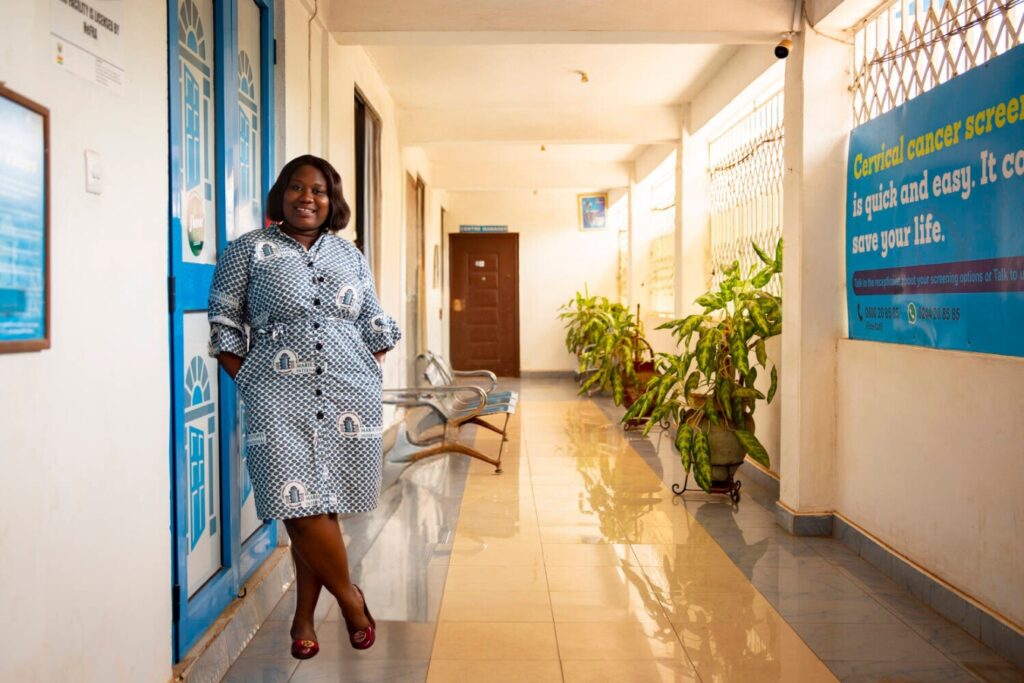
What’s often a major barrier to people accessing private reproductive healthcare? Quite simply, the cost. When healthcare requires people to pay out-of-pocket, it can place a significant burden on them and prevent access to care that’s considered ‘non-urgent’. If we can find ways to subsidise and fund private sector reproductive healthcare, then we can increase the choice and quality of services and people will be able to visit their local provider without that financial stress.
This drives our health financing work. We partner with private health insurance companies and governments’ national health insurance teams, making the case for why they should include reproductive healthcare in their coverage.
We recently had a breakthrough in Ghana. Over several years, we collaborated with the national government, the ‘National Health Insurance Authority’, NGOs and research partners to achieve a monumental goal: the inclusion of contraception in national health insurance. This means free access for insured women.
Alongside targeted advocacy, MSI Ghana led a two-year pilot study where family planning was included in the national health insurance scheme for women in 122 facilities across 7 districts. It was a huge success, finding that every USD$1 invested in family planning saved USD$4 in other direct healthcare costs.
Seeing the evidence laid before them, the Ghanaian government decided that they would roll it out in 2022, with family planning services and commodities like IUDs, implants and injectables included in the benefits package of their national health insurance. Now millions of women will be able to get the reproductive healthcare they need without paying out of pocket. It’s one of the most positive reforms for Ghanaian women in a generation, broadening choice and opportunities for them, their families, and communities.
Helping women in Bangladesh access reproductive healthcare at work
“How could I work if I have more children?” Jarina said to a government official during a visit to her workplace.
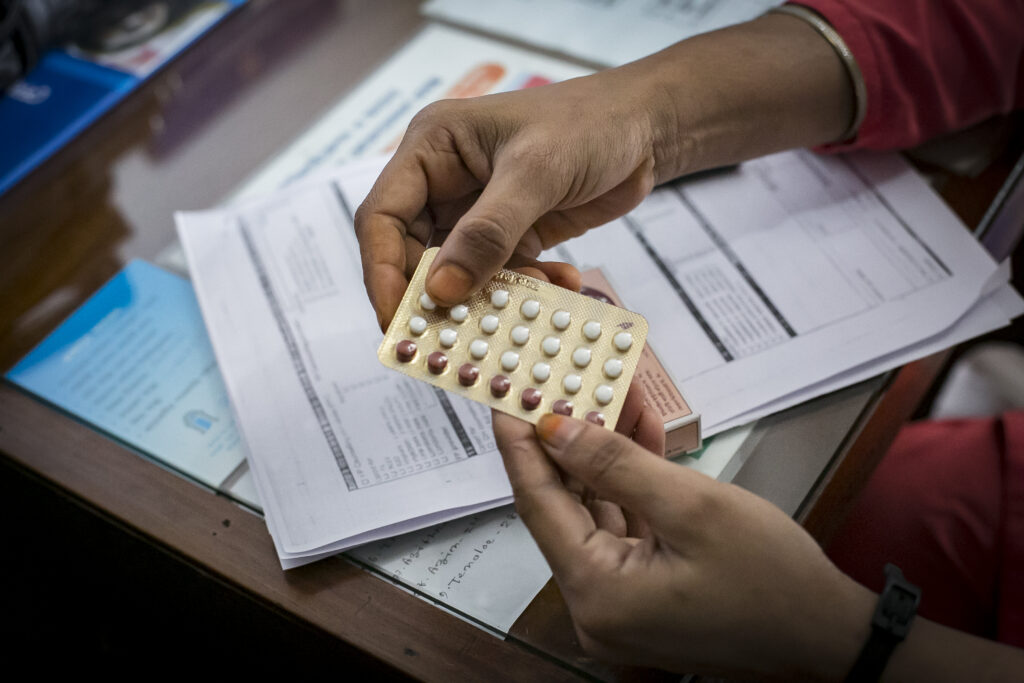
Working women can face a major barrier to accessing reproductive healthcare: finding the time. In Khulna, Bangladesh, our team found that millions of young women like Jarina, working in the local fibre, fishing, and sugar industries, were struggling to access reproductive healthcare information and services.
Local healthcare facilities have limited opening hours. And family planning healthcare teams visiting people’s homes to provide services were unable to reach the workers. We recognised the challenge these women faced, so we decided to bring the services to them.
Partnering with a local organisation called Shushilan, the MSI Bangladesh team advised district leaders and local working groups on how to improve community healthcare access. There was a clear solution: district healthcare providers should offer reproductive health services at work sites during work hours. Onsite care would make access convenient and help break down this barrier. But while the solution itself was simple, setting it up was not. It took many meetings across many months with fishing companies, government authorities, and an advocacy strategy targeted across sectors.
The team organised field visits for government officials to meet workers like Jarina, illustrating the challenges working women face in accessing healthcare. Their goal was to show how onsite care would improve women’s health and lives.
Three years on and twenty-two companies have signed up to this initiative. The district family planning teams supply commodities, and health providers visit workers onsite twice a week. Employees are also receiving help on things like sexually transmitted infections and gynaecological health. This public-private sector partnership has helped around 15,000 women.
Inspired by this success, MSI Bangladesh are looking to expand the initiative into more districts so more working women can conveniently access reproductive healthcare.
Harnessing the private sector around the world
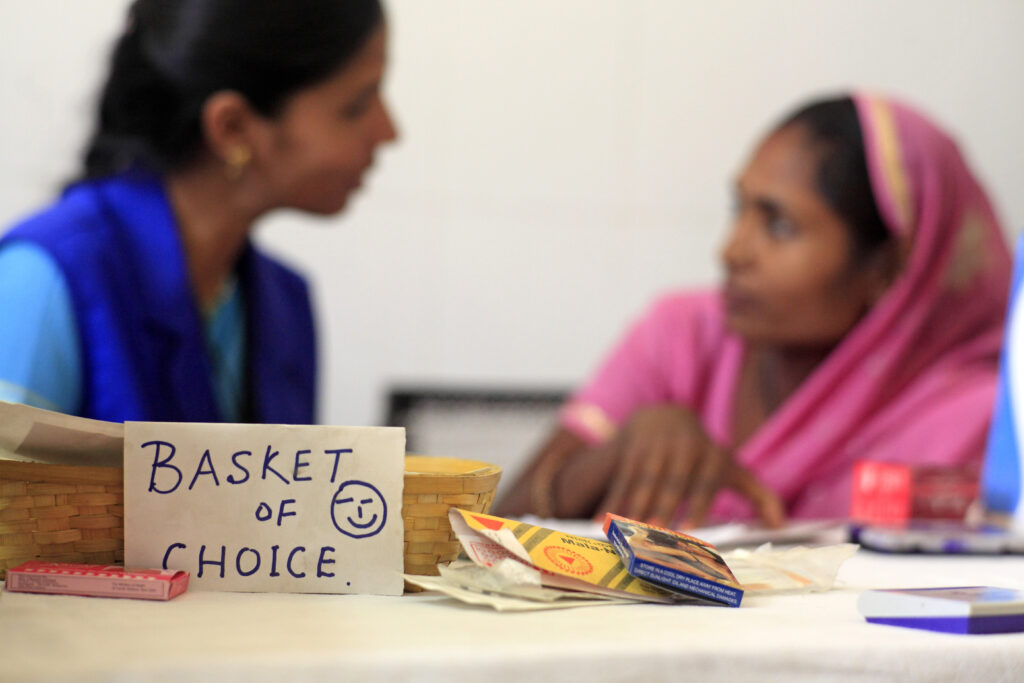
This work holds lessons far beyond Ghana and Bangladesh. Across the world, more than 200 million people who want modern contraception don’t have access, and the private sector’s role in meeting this need is critical.
We’ll continue to work hard for people to access and afford the care they need. With every person we reach with reproductive choice, a life and family are transformed forever.
Until everyone can access reproductive choice safely, our work is not done.
MSI was proud to be at the International Conference of Family Planning ICFP 2022. We shared some of our ground-breaking research and evidence, including on the role of the private sector in expanding access to reproductive healthcare.






